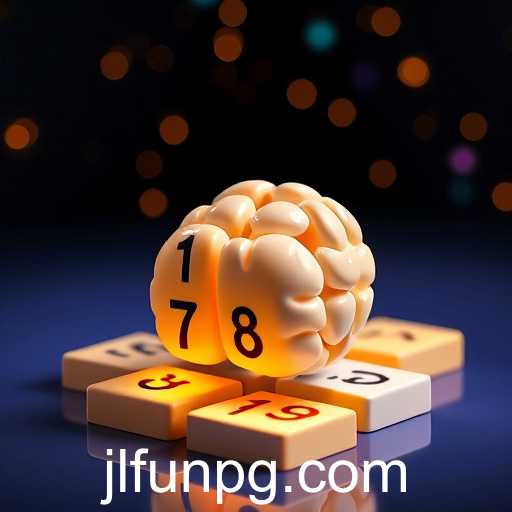Explore the world of memory games and their role in boosting cognitive function. Discover how 'jlfun' has become a gateway for enthusiasts seeking mental challenges on this engaging category of games.
In an era where digital entertainment is omnipresent, memory games have carved a niche as both an enjoyable pastime and a tool for cognitive enhancement. Recognized for their capacity to improve various aspects of brain function, these games are becoming increasingly popular among individuals seeking to bolster their memory and problem-solving skills.
Situated under the keyword "jlfun," memory games have gathered a dedicated following on gaming websites. This tag not only signifies a realm of entertainment but marks a space dedicated to pushing mental boundaries in a fun and engaging way. The concept behind these games is simple yet profound; they challenge players to recall sequences, identify patterns, or remember information over short and long intervals.
From classic card matching games to advanced digital puzzles, the variety of memory games available is vast. They range in complexity, catering to different ages and cognitive levels, making them an excellent choice for family entertainment or individual training sessions. Children benefit from these games by enhancing their concentration and learning capabilities, while adults use them to maintain mental acuity and stave off cognitive decline.
Research has shown that engaging in regular memory exercises through games can lead to improvements in cognitive abilities such as attention, visual recognition, and recall speed. This is particularly relevant in our fast-paced world, where individuals are constantly bombarded with information and multitasking demands. Memory games provide an engaging way to sharpen the mind and foster mental resilience.
The keyword "jlfun" has become synonymous with this pursuit of cognitive excellence on gaming platforms. It acts as a beacon for those looking to explore the intersection of enjoyment and mental exercise. Websites featuring a 'Memory Games' category under "jlfun" often highlight not just the traditional card and tile games, but also innovative new games that incorporate elements of storytelling and adventure, thus offering a rich variety of experiences.
As technology continues to advance, the future of memory games looks promising, with possibilities for virtual and augmented reality applications that could take cognitive challenges to new heights. As more people discover the benefits of brain training through gaming, 'jlfun' remains a key player in connecting enthusiasts to their favorite mental exercises. In conclusion, memory games hold more than just entertainment value; they represent a strategic approach to life-long cognitive development.




